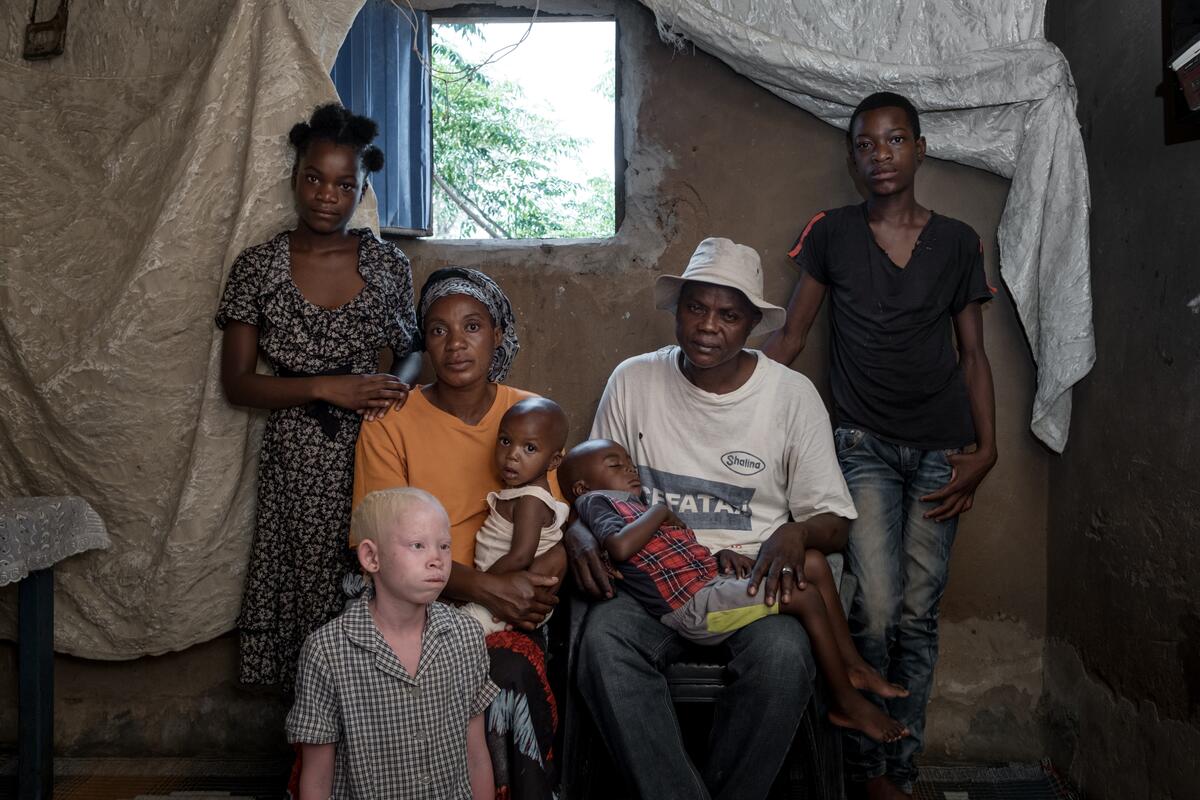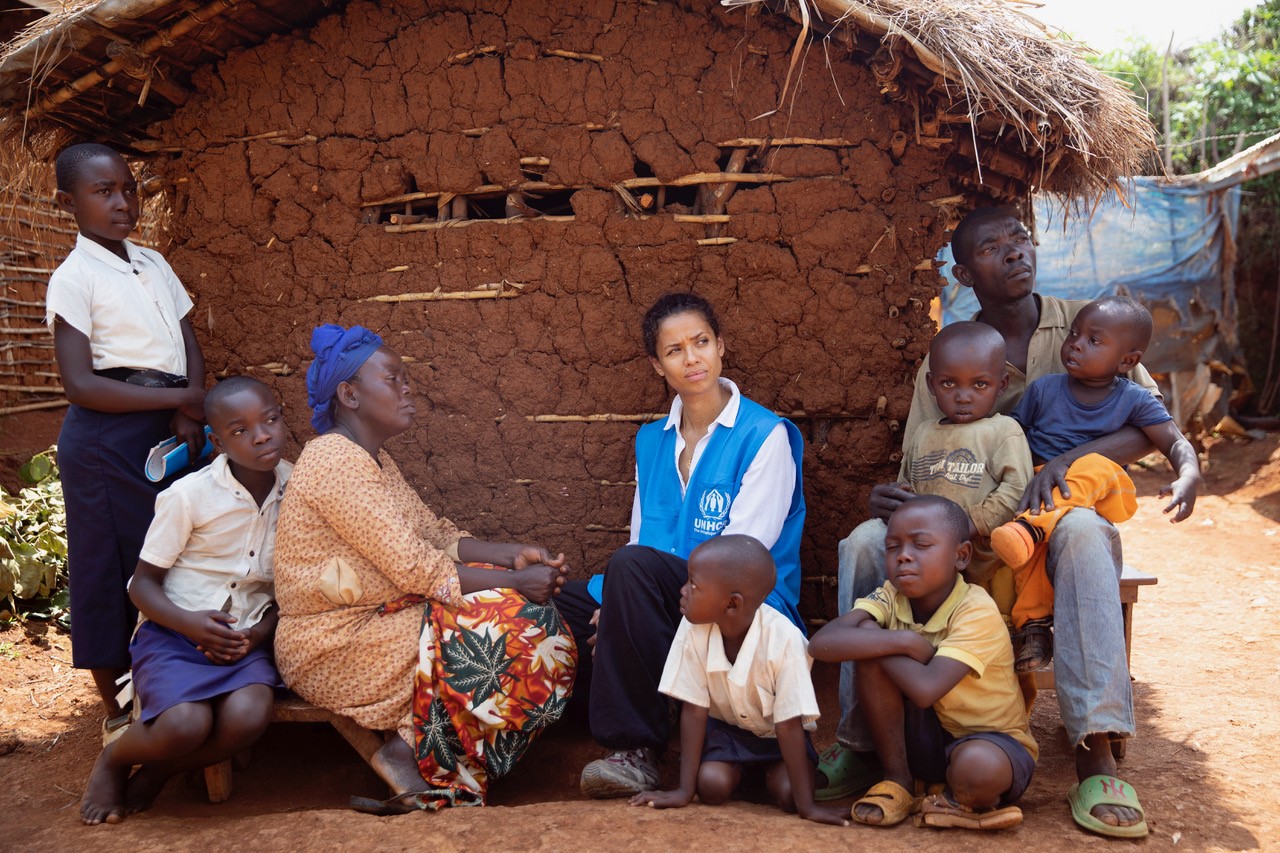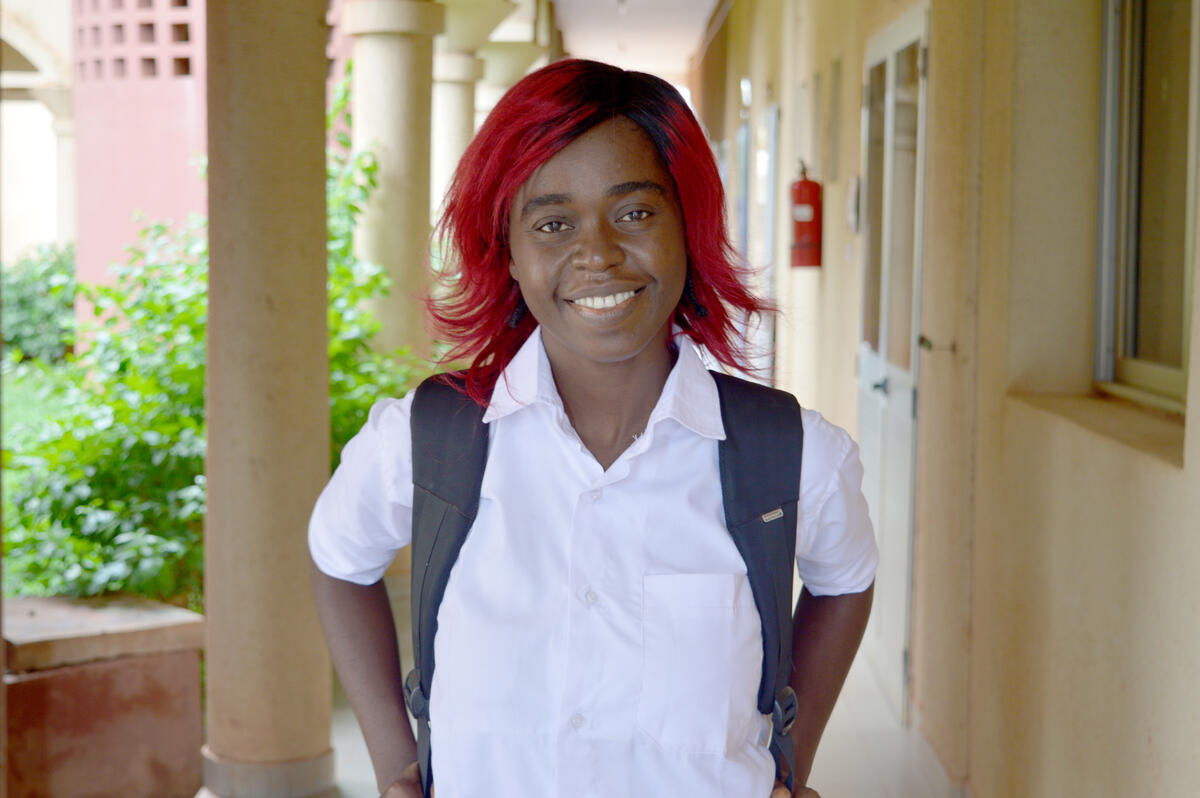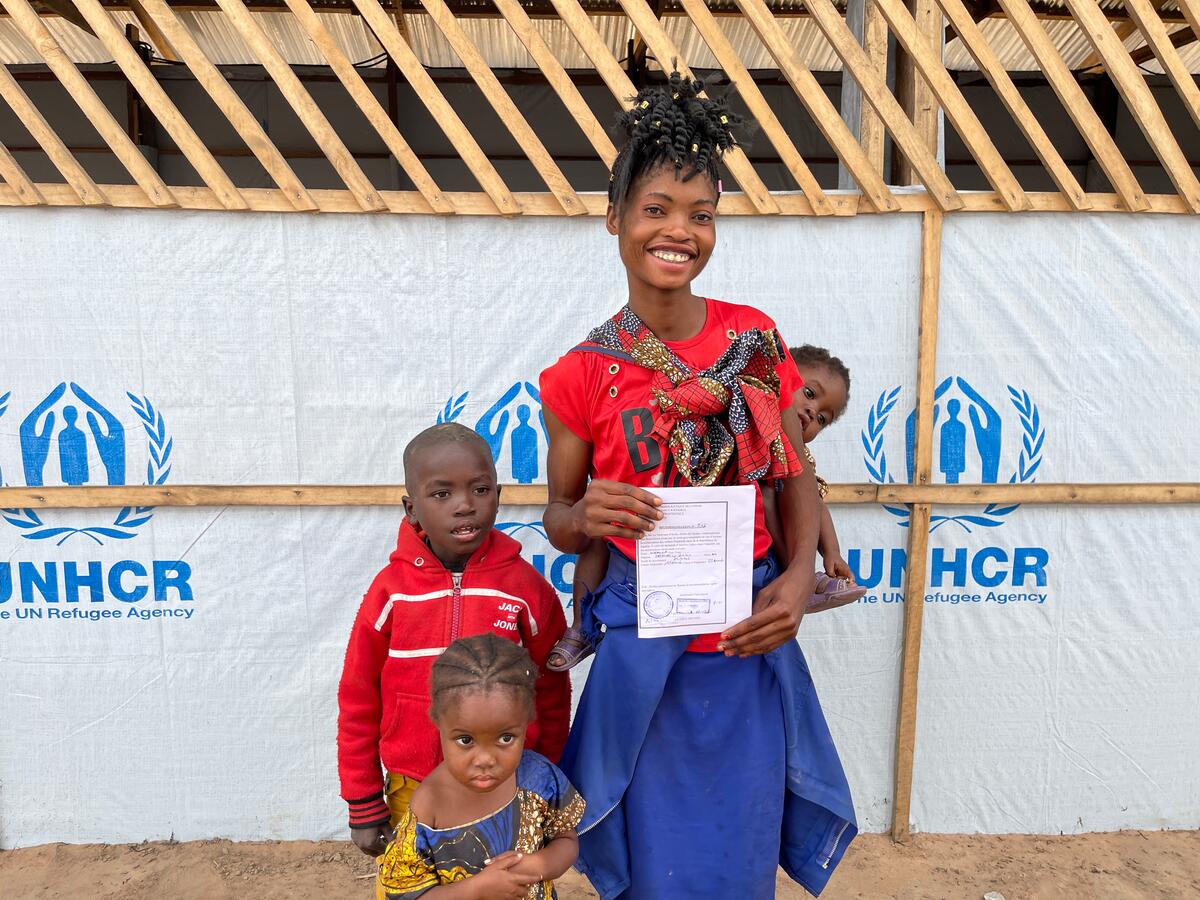Early marriage looks like our only option, say displaced Congolese teens
Eighteen-year-old Boniface clutches the hand of his new bride, 16-year-old Anuarite. The young Congolese couple are expecting a child in seven months, but they’re worried; they have no idea how they’re going to be able to provide for their baby.
“Life has stolen my childhood. I shouldn’t be married now,” says Boniface, who fled his village and found refuge here in the capital of Tanganyika province. “I feel like an adult now [that] I’m someone’s husband. My mind is focused on providing. I can’t just sit and play like a kid. I’m only thinking about money.”
Like so many other teenagers here, Anuarite and Boniface say that getting married seemed like the only way to ensure their survival.
“Life is an ordeal. Especially finding food,” explains Anuarite. “I don’t support early marriages. If I can, I’ll make sure my children don’t have to get married early.”
Years of ethnic fighting in Tanganyika province have displaced hundreds of thousands of people – most of them children. Faced with extreme poverty, hunger and disease, hundreds of families are compelling their children to marry young, in hopes of easing immediate financial burdens. But these forced unions often perpetuate the cycle of poverty for future generations.
UNHCR is raising awareness of the risks associated with early marriage, including early, unwanted and often dangerous pregnancies among minors, as well as limited educational opportunities, especially for girls.










